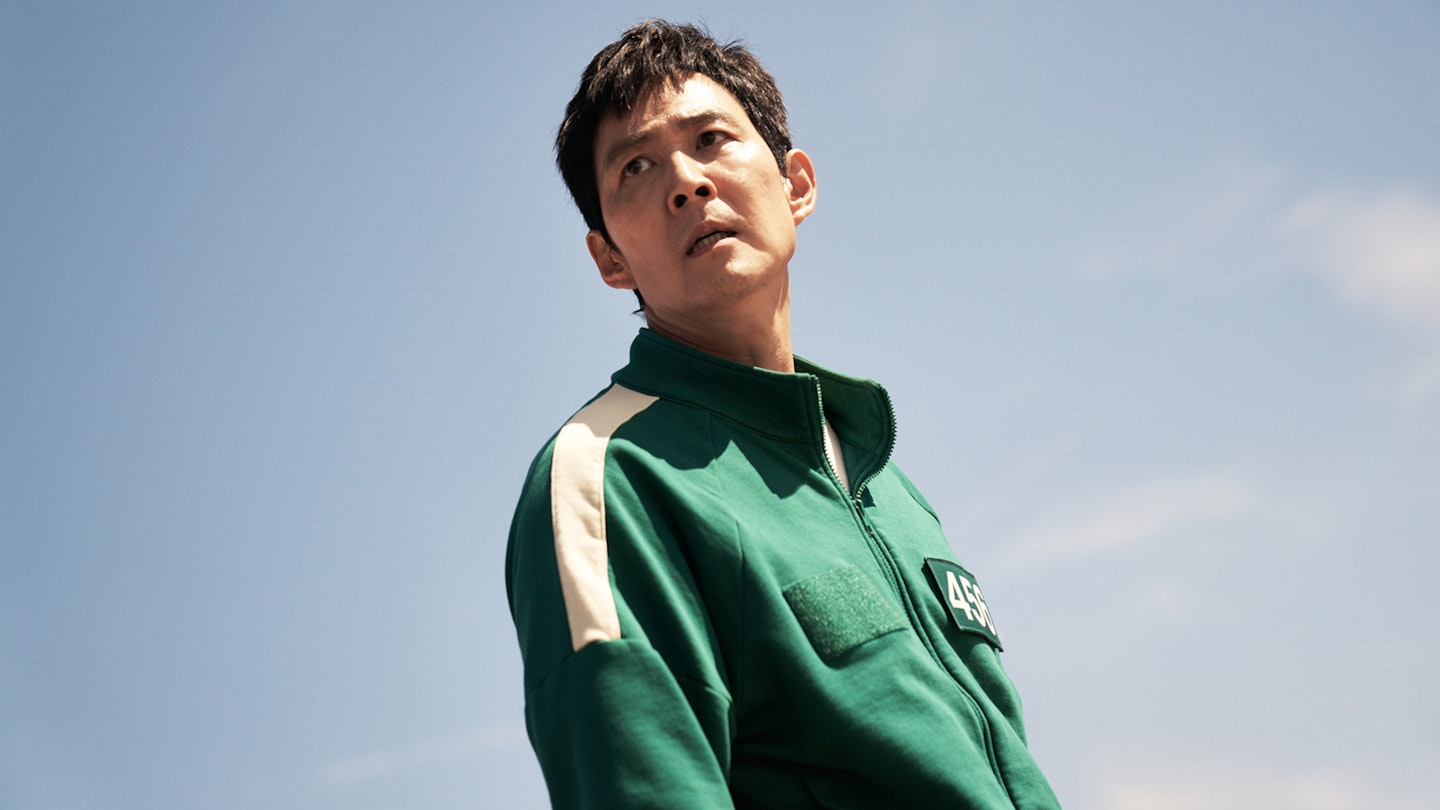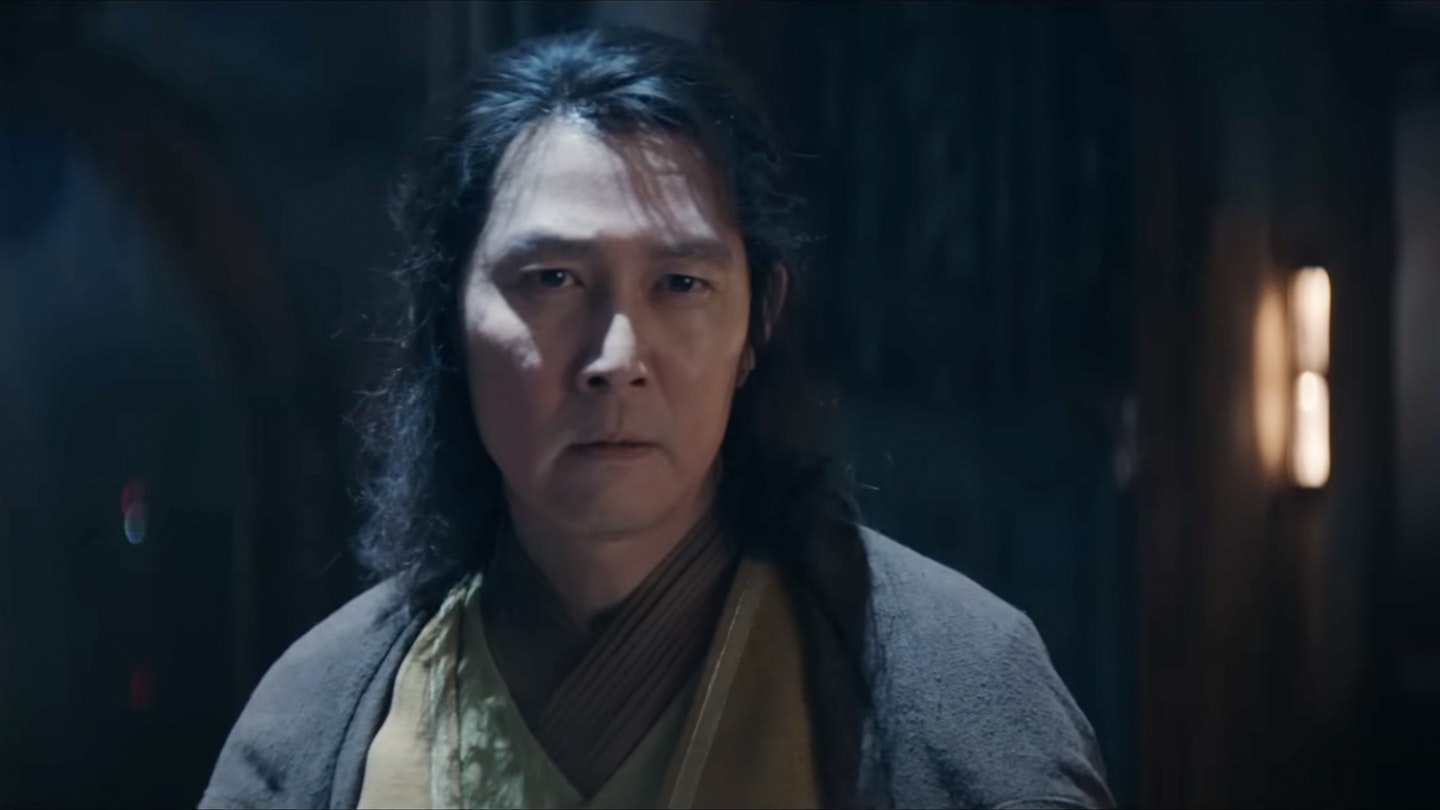Streaming on: Netflix
Episodes viewed: 9 of 9
With its simple yet brutal premise that dials right into the recent boom of class-warfare stories, Squid Game is an unsubtle but riveting show fast becoming a global phenomenon. The groundwork for the show’s success (it’s currently on track to become Netflix’s biggest original series of all time) has been laid as far back as 2000, when Japanese horror Battle Royale garnered a cult following for its ruthless teen murder games. More recently in 2019, Todd Phillips’ Joker and Bong Joon-ho’s Parasite swept awards season with their two vastly different takes on the cavernous divide between rich and poor.

Squid Game exists right in the pit of this divide, where 456 desperate individuals attempt to survive six violent interpretations of children’s games in the hope of scoring a life-changing 45.6 billion won (around £28 million). Writer-director Hwang Dong-hyuk demonstrates a real inventive flair when it comes to the tournament itself, from the presence of a chilling, pigtailed mechanical doll in the opening game, to the uniforms that distinguish the contestants from the elusive masked guards; teal tracksuits for the former, hot-pink boilersuits for the latter.
The clinical execution of violence is heavy and relentless from the off. Contestants are shot en masse at close range, blood drips off swing sets, and a vicious nocturnal riot is captured via infrared. As the games roll on, an entertainment element is introduced to further twist the already rib-deep knife buried (mostly) figuratively in the contestants’ sides.
Its final act twists feel thrilling thanks to Hwang Dong-hyuk’s taut, precise script.
Yet there’s heart to be found in the macabre parade of human suffering. Enemies are made amongst the ranks of survivors — notably Jang Deok-su (Heo Sung-tae), a surly gangster with a face tattoo of a gun — but so are allies. Among them are Kang Sae-byeok (standout newcomer Jung Ho-yeon), a pickpocket and North Korean defector who plans to use the prize money to get her remaining family over the border. Oh Il-nam (Oh Yeong-su) is a gentle older contestant who suffers from a brain tumour, and on the guards’ side there’s Hwang Jun-ho (Wi Ha-joon), a cop who has infiltrated the game with the aim of finding his missing brother.
Hwang weaves poignant details about Gi-hun and his comrades into the story as he moves frenetically between games, all while ending each episode on a tantalising cliffhanger. Bolstered by unwaveringly engaged performances from Lee and his central co-stars, each backstory pushes the emotional stakes of the show to painstaking new heights, which, when matched with its rising body count, makes for moments of raw tragedy.
Even with its final act twists — which feel thrilling thanks to Hwang’s taut, precise script — Squid Game doesn’t say much about privilege, poverty and cruelty that hasn’t been said already. Yet with its propulsive storytelling, robustly drawn characters and thoughtful dialogue — which, it has been discovered, should be watched with ‘English’ rather than ‘English CC’ subtitles on Netflix for a more nuanced translation – there’s still plenty to enjoy within these familiar themes. That Squid Game also manages to be one of the most visually exhilarating shows of the year is a delightful if often gruesome bonus.








